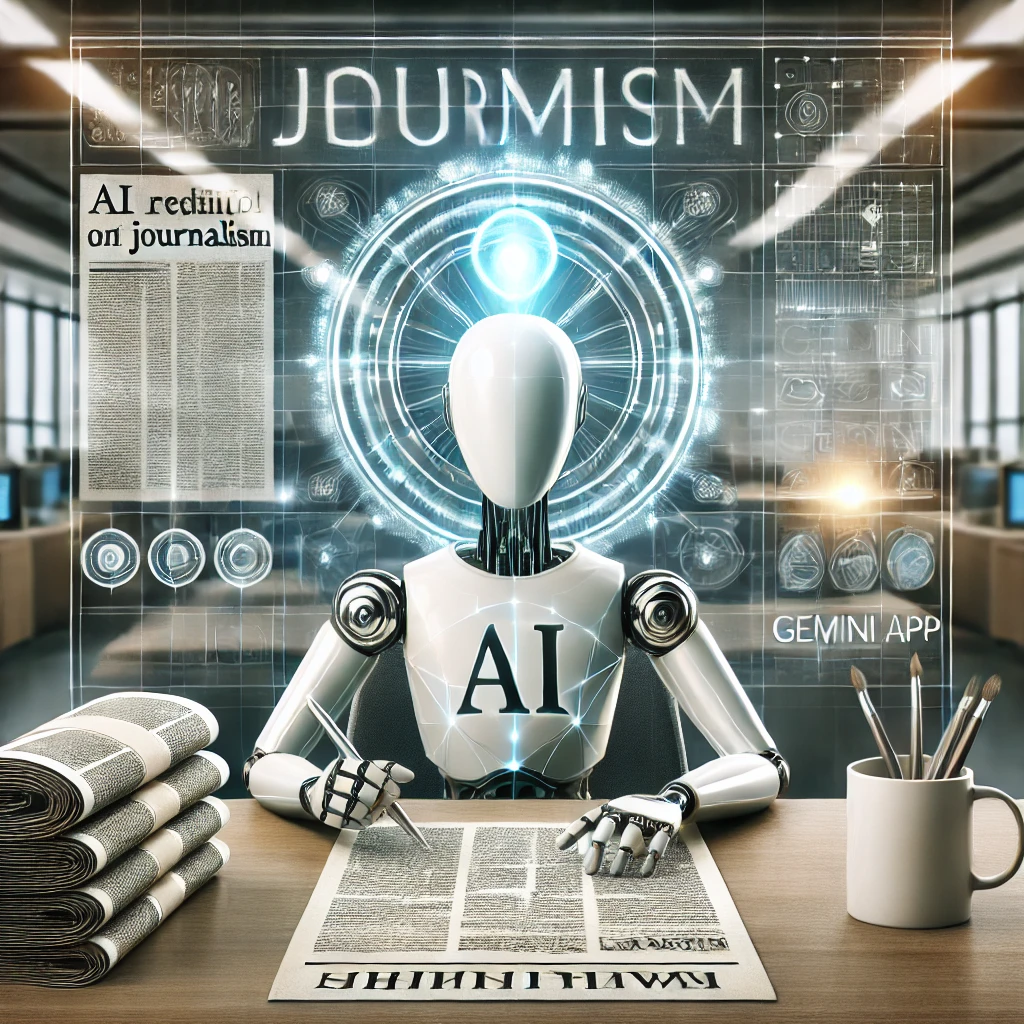The partnership announced on January 15, 2025, between Google and the Associated Press (AP) symbolizes a new relationship between generative AI and journalism. This collaboration involves providing AP’s real-time information to Google’s Gemini app, further strengthening their existing partnership in search result displays. However, this move is more than a technological innovation; it raises fundamental questions about the role of reporting and media in the age of AI.
Background and Potential of the Partnership
AP has already entered into a licensing agreement with OpenAI for its news content archive, showcasing its proactive stance on working with generative AI. The collaboration with Google is expected to enhance the Gemini app’s information accuracy and real-time capabilities. This marks a groundbreaking development in the media industry, particularly in enabling users to access the latest news quickly and accurately via AI.
Additionally, the emphasis on “commitment to neutral reporting,” as noted by Kristin Heitmann, AP’s Senior Vice President, highlights the importance of trustworthy journalism even in the AI era. This partnership hints at the evolution of AI not just as a technical tool but as a platform for disseminating reliable and ethically sound information.
Concerns and Challenges
However, several critical concerns accompany this partnership:
- Transparency in Content Use
The announcement does not clarify whether AP’s content will be used to train Google’s generative AI. This lack of transparency underscores broader challenges in data usage agreements between media and AI companies. If the content is used for training, the focus will be on how AP’s journalism influences AI-generated content.
- Copyright and the Value of Reporting
While AP has a contract with OpenAI, the New York Times’ copyright infringement lawsuit against OpenAI and Microsoft illustrates divisions within the media industry. Without clear rules on how generative AI utilizes media content, media companies will struggle to balance copyright protection and monetization.
- Maintaining Neutrality
As generative AI becomes more involved in information creation, ensuring neutrality and fact-checking is a significant issue. If the data AI relies on is biased, it could lead to misinformation or the perpetuation of prejudices.
The Future of AI and Journalism
As this partnership demonstrates, the fusion of AI and journalism is an inevitable part of evolution. While AI plays a significant role in improving the efficiency of news collection and distribution, it cannot fully replace the ethical judgment and fact-checking traditionally performed by humans. To preserve the value of journalism while leveraging AI, the following initiatives are necessary:
- Establishing Rules
It is crucial to develop international guidelines and regulations on how AI uses media content.
- Ensuring Transparency
Building trust requires clear disclosure of the contract terms and purposes of data usage between AI companies and media outlets.
- Maintaining Human Intervention
To prevent misinformation and biases potentially caused by AI, human involvement in final editing and ethical judgment must be preserved.
The partnership between Google and AP has highlighted both new possibilities and challenges for journalism in the era of generative AI. It remains essential to monitor how these developments will impact society in the future.
